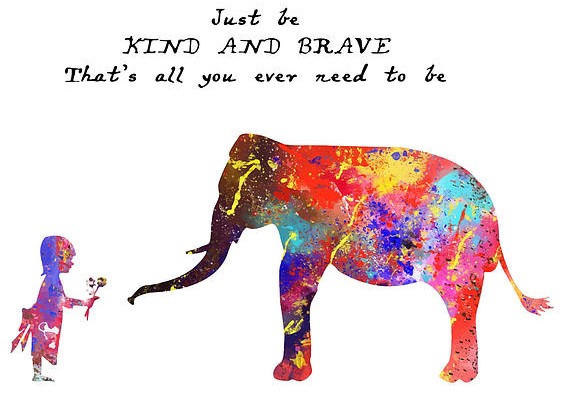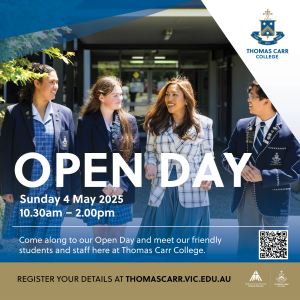26 Then God said, “Let us make humankind in our image, according to our likeness; and let them have dominion over the fish of the sea, and over the birds of the air, and over the cattle, and over all the wild animals of the earth, and over every creeping thing that creeps upon the earth.“
27 “So God created humankind in God’s image,
in the image of God, God created them;
male and female God created them.“
28 “God blessed them, and God said to them, “Be fruitful and multiply, and fill the earth and subdue it; and have dominion over the fish of the sea and over the birds of the air and over every living thing that moves upon the earth.“
Genesis 1:26-28

“The atoms of our bodies are traceable to stars that manufactured them in their cores and exploded these enriched ingredients across our galaxy, billions of years ago. For this reason, we are biologically connected to every other living thing in the world. We are chemically connected to all molecules on Earth. And we are atomically connected to all atoms in the universe. We are not figuratively, but literally stardust.”
Neil Degrasse Tyson
On the first day of term, all staff participated in the second day of our Berry Street Education Model Training. We began the day reflecting on the importance of “relationship”. We spent the day understanding the importance of “relationship”. And we ended the day committed to creating greater relationships with the world, with our God, with ourselves, and with each other (our students and families included).
Our faith teaches us that we are made in the “image and likeness of God”. We are called into right relationship with our world, with each other, with ourselves, and with our God. The Creation Stories tell us that we are inextricably linked to all that exists.
Likewise, Neil Degrasse Tyson points out that biologically, scientifically, and atomically we are connected to all that exists. It is this interconnectedness that sustains us as individuals and as a community. And it is this interconnectedness that we explored on the first day of term.
One of the lessons of the past two years has been the importance of relationships in our lives. During our Berry Street Training, we learnt about one of the cornerstones of positive relationships with not only our young people but with ourselves – unconditional positive regard.
So, what is unconditional positive regard?
A general definition is the attitude of complete acceptance and love, whether for yourself or for someone else. When you have unconditional positive regard for someone, nothing they can do could give you a reason to stop seeing them as inherently human and inherently lovable. It does not mean that you accept each and every action taken by the person, but that you accept who they are at a level much deeper than surface behaviour (Rogers, 1951).
Our faith teaches us that we are loved as we are – that we are made in God’s image and likeness, and that we are, by that very definition – GOOD.
Our God is all that is good – the sound of a child’s laughter; a cold coke with a gooey pizza; the sense of relief when you submit your last report; holding hands with someone we love; finding joy in the sunrise and serenity in the sunset. If we, every single one of us, including the most difficult person in our life, are made in God’s image and likeness, then we too are good.
And it is this conclusion that both challenges and empowers us. It can be difficult to see God in a recalcitrant child, a difficult colleague, ourselves when we stuff up. But it is vital for good relationship that we bring this unconditional positive regard with us when we interact with others and when we spend time with ourselves. It is this that our staff are focusing on in their classroom practice. It is this that we ask our students to focus on in their interactions with their peers and with their teachers. And it is this that we ask all families to discuss and practice in partnership with our College.
It is time for us to be kind. To be kind to our teachers and College staff; to be kind to our young people; and, as difficult as it can be sometimes, to be kind to ourselves.

Now – more than ever – the world needs kindness.
Ms Spiteri, Deputy Principal – Student Engagement and Wellbeing



